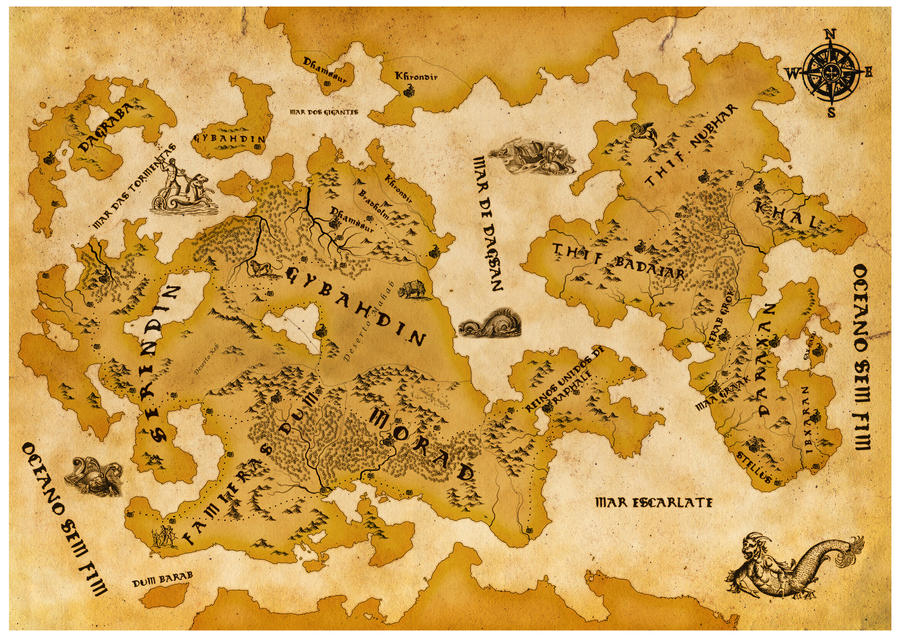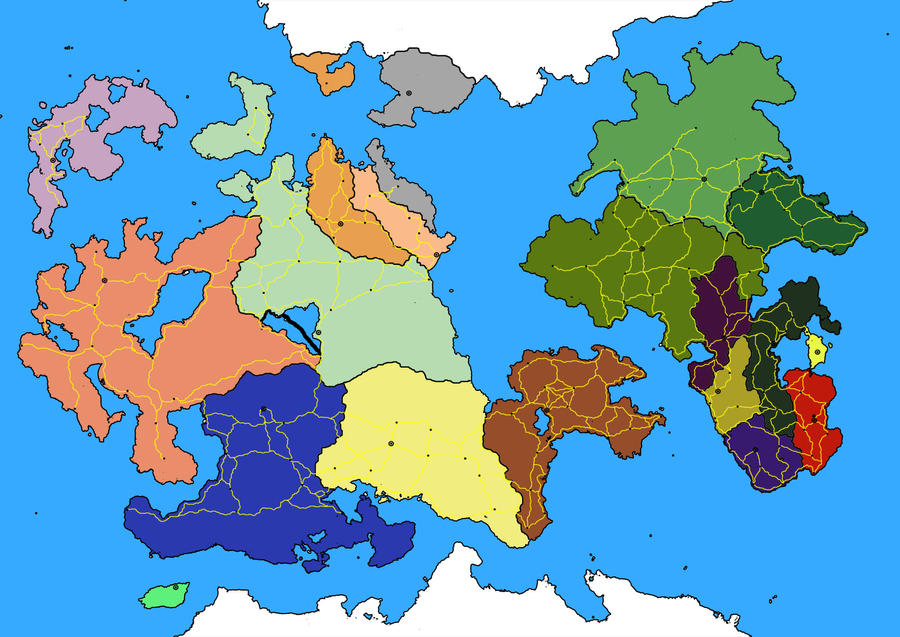GreivousKhan said
(And we can add insta kills from a distance against PC rulers cause some guy sacrificed to NPC peasants)
There will always be characters who are dispensable. Like numbers in playing Civilization or Age of Empires some may exist to fill a specific role like units in a computer game. This is the effect of playing a NRP like a computer game, there's really no way around that. When the "characters" in the writing are more a means to an end than a conduit of story-telling than there's nothing that can prevent initiatives like this, even in a contemporary way. If someone wants to assassinate another player the way you'd use an assassin in Total War then it's easy enough: create a generic no-name character or one with the sole intention of being dispatched when the end is executed.
Sacrificial magic as I described is no different from doing that in any other setting. You could ban snipers from all late-modern or contemporary period-pieces to negate the equivalent of killing one at long distances with little effort.
The point of offering magic at the cost of its difficultly, consumption of time, and resources (if personal to a character, politics, or is simply an abstract expression) is a story-telling element more than anything. And that's what's going on: story-telling. Anyone who would gleefully have anyone at a drop of a hat kill three replaceable courtiers to kill the king of a distant land just to do so is already playing it wrong. Because first of all: your personal intentions most likely do not align to character intentions. Or if they do, they may very well conflict with the morality or intentions of others. That's the story-point that comes from using such deadly magic, an exploration of cost and to explore whether a single character is depraved or desperate enough to resort to such extremes, as opposed to keeping to safer and more traditional means.
If a king were to wish another dead and was ready to slaughter an entire village, what would be the impression of the only person capable of actually doing it: the court mage? If he has qualms he may refuse and begin political drama. Or perhaps he'll be complacent but start a plot to stop it before it happens and he looses his head. Or perhaps the mage has political schemes of his own. In any case: someone might notice when a village goes missing and other nobles and lords get concerned; because what might bite back at them latter when the spell is finished? The costs are or may never be a single-time payment, but may continue over time with interest until the satisfactory value is paid.
Politics aren't the will of everyone as a collective, like some hive-mind. Within complex society you'll have people with intentions, and even in monarchies the will of the king will not be reflective of the will of everyone. It comes down to the intrigue. And to assume everyone's fine as if on the same level of mind is poor writing in itself.
I say this because you write from the perspective you're going to tackle this with stats, which isn't a way to tackle everything. And frankly stats limit creativity with their rigidity and restrain the ability for abstract freedom that would come from freely writing. Rules and guidelines are good, if only to keep folk loosely travelling down the same river until we establish a common enough mind we can shore the sides up and say, "This is what this does when used this way because it was damn awesome the first time, so it's good enough to have this as consistent".
Let madness ring, so long of course as the parties involved are aware, agree OOC it's something that should happen based on their readiness, and if afterwards the story can continue. Because what's not to say the cursing of the land is the end of its people anyways?





